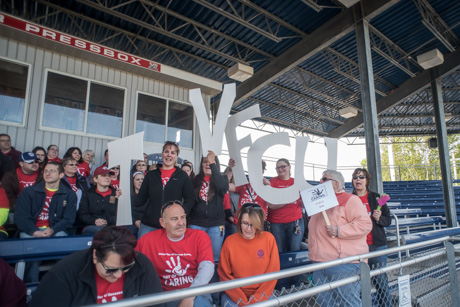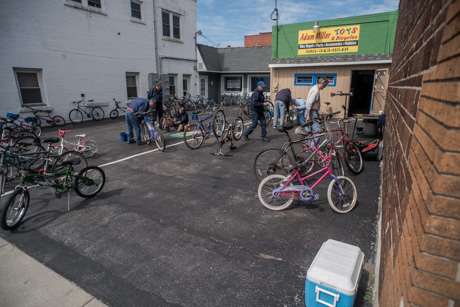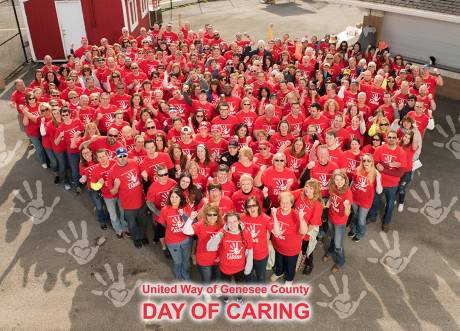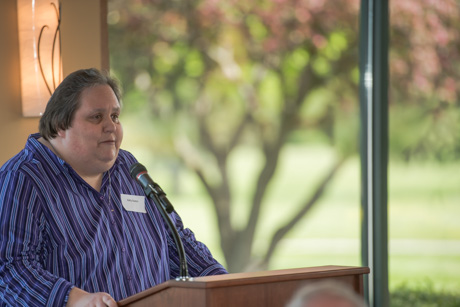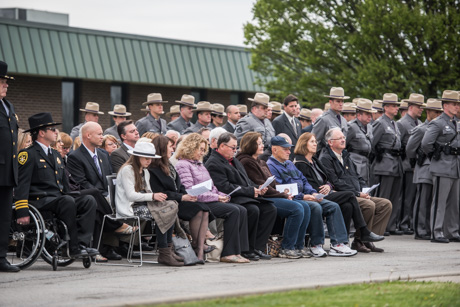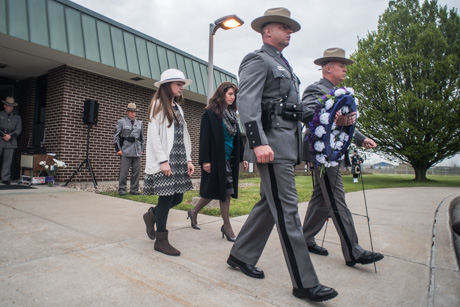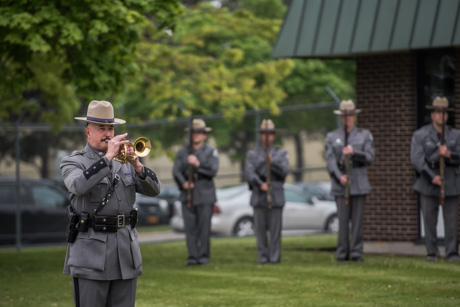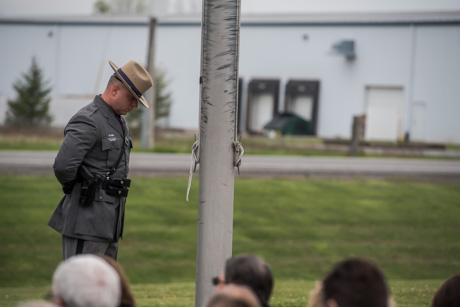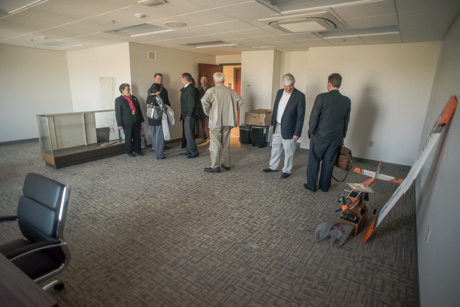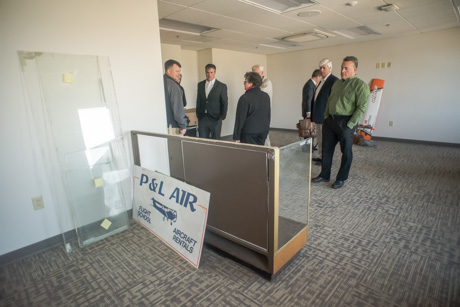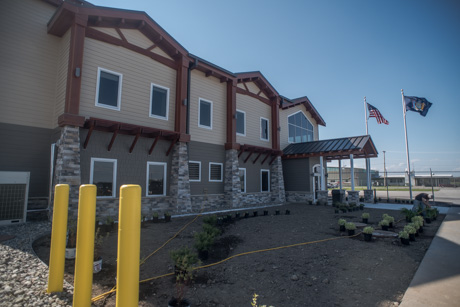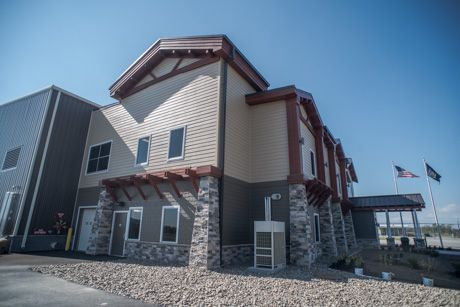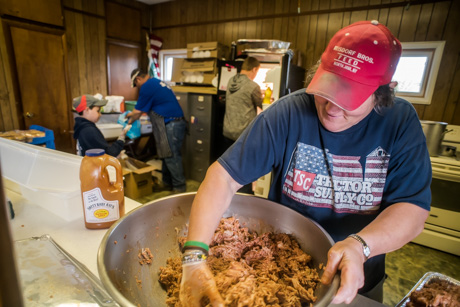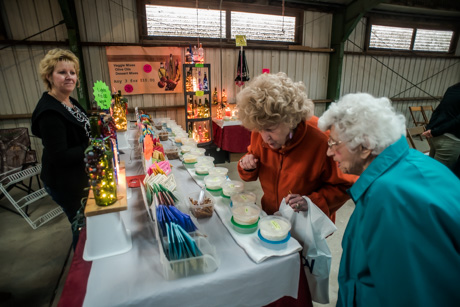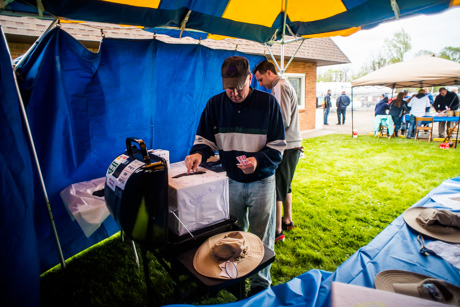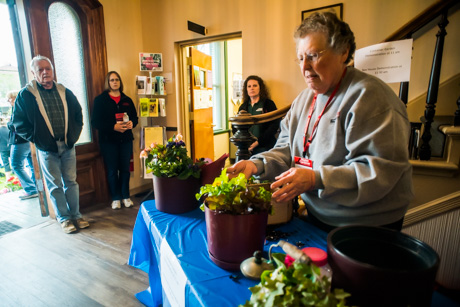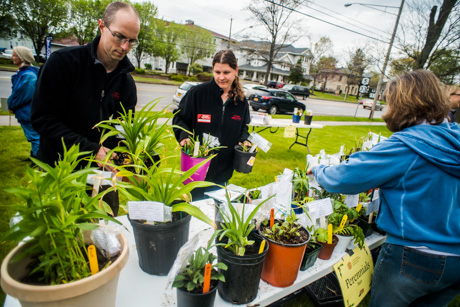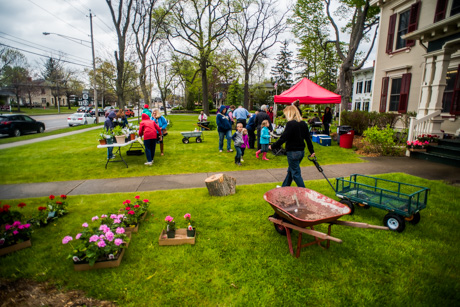There will be no Elvis impersonator, no hot rods, no dunk booths, no kettle corn on Main Street in Batavia this August.
Summer in the City is cancelled for 2016, and quite likely, in any future summers, according to Laurie Oltramari, executive director of the Batavia Business Improvement District.
Oltramari is in her first year as BID director and since taking the position learned that city is clamping down on the BID's operational budget, restricting spending to just $55,000 a year.
In recent years, the BID has spent $120,000 on operations, but City Manager Jason Molino said the BID has been allocating more of its special tax levy to operations than state law allows.
The law allows only 20 percent of the city's levy on properties in the BID to go to an improvement district's operations, plus an additional levy to service any debt.
The BID took on nearly a million in bonds in 1999 to fund a series of upgrades to downtown, such as new street lamps, paving stones and landscape improvements. The BID's final $15,000 payment will be made this year.
While Molino's insistence this year that the BID follow the budgeting requirements of the General Municipal Law, a memo Molino prepared for next week's City Council meeting makes it clear that prior to Oltramari taking the director's job, he tried to bring the requirement to the attention of the BID.
"When reviewing prior records, budgets and the district plan, the BBID (Batavia Business Improvement District) has struggled to comply with the GML regarding oversight of assessment funds and consistency with the district plan," Molino tells council members in the four-page memo. "In addition, as recent as 2013 and 2015 the city has advised the BBID of both budget management concerns as well as compliance with the GML faults."
Dropping Summer in the City is the biggest change in the BID's budget, Oltramari said, but there will be other cuts, including cutting down the hours worked by her part-time assistant.
There are other annual programs that the BID sponsors that will continue, Oltramari said, because they both make money and do a better job of promoting downtown businesses, including the Fall Wine Walk, Beertavia (in June) and Christmas in the City. All are self-funding, if not profitable, and help boost local business, but downtown merchants have long complained that Summer in the City took away parking while doing little to generate foot traffic into their stores. Oltramari said it generated very little revenue for the BID.
Even without Summer in the City, the BID can continue to work hard to promote downtown, Oltramari said, and seek out opportunities for "small victories" that in the long run can pay off big for the local business community.

